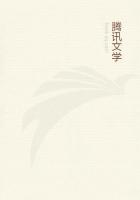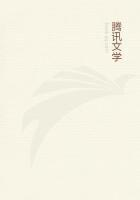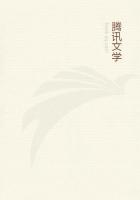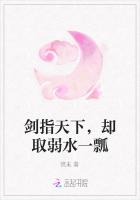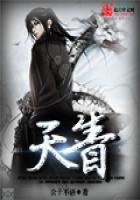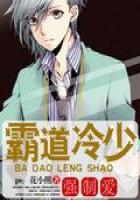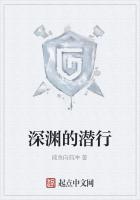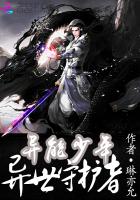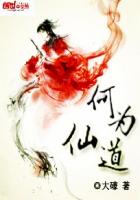The following noteworthy case shows that the bladder may be penetrated by an arrow or bullet entering the buttocks of a person on horseback. Forwood describes the removal of a vesical calculus, the nucleus of which was an iron arrow-head, as follows: "Sitimore, a wild Indian, Chief of the Kiowas, aged forty-two, applied to me at Fort Sill, Indian Territory, August, 1869, with symptoms of stone in the bladder. The following history was elicited: In the fall of 1862 he led a band of Kiowas against the Pawnee Indians, and was wounded in a fight near Fort Larned, Kansas. Being mounted and leaning over his horse, a Pawnee, on foot and within a few paces, drove an arrow deep into his right buttock. The stick was withdrawn by his companions, but the iron point remained in his body. He passed bloody urine immediately after the injury, but the wound soon healed, and in a few weeks he was able to hunt the buffalo without inconvenience.
For more than six years he continued at the head of his band, and traveled on horseback, from camp to camp, over hundreds of miles every summer. A long time after the injury he began to feel distress in micturating, which steadily increased until he was forced to reveal this sacred secret (as it is regarded by these Indians), and to apply for medical aid. His urine had often stopped for hours, at which times he had learned to obtain relief by elevating his hips, or lying in different positions. The urine was loaded with blood and mucus and with a few pus globules, and the introduction of a sound indicated a large, hard calculus in the bladder. The Indians advised me approximately of the depth to which the shaft had penetrated and the direction it took, and judging from the situation of the cicatrix and all the circumstances it was apparent that the arrow-head had passed through the glutei muscles and the obturator foremen and entered the cavity of the bladder, where it remained and formed the nucleus of a stone. Stone in the bladder is extremely rare among the wild Indians, owing, no doubt, to their almost exclusive meat diet and the very healthy condition of their digestive organs, and this fact, in connection with the age of the patient and the unobstructed condition of his urethra, went very far to sustain this conclusion. On August 23d I removed the stone without difficulty by the lateral operation through the perineum. The lobe of the prostate was enlarged, which seemed to favor the extent of the incision beyond what would otherwise have been safe. The perineum was deep and the tuberosities of the ischii unnaturally approximated. The calculus of the mixed ammoniaco-magnesian variety was egg-shaped, and weighed 19 drams.
The arrow-point was completely covered and imbedded near the center of the stone. It was of iron, and had been originally about 2 1/2 inches long, by 7/8 inch at its widest part, somewhat reduced at the point and edges by oxidation. The removal of the stone was facilitated by the use of two pairs of forceps,--one with broad blades, by which I succeeded in bringing the small end of the stone to the opening in the prostate, while the other, long and narrow, seized and held it until the former was withdrawn. In this way the forceps did not occupy a part of the opening while the large end of the stone was passing through it.
The capacity of the bladder was reduced, and its inner walls were in a state of chronic inflammation. The patient quickly recovered from the effects of the chloroform and felt great relief, both in body and mind, after the operation, and up to the eighth day did not present a single unfavorable symptom. The urine began to pass by the natural channel by the third day, and continued more or less until, on the seventh day, it had nearly ceased to flow at the wound. But the restless spirit of the patient's friends could no longer be restrained. Open hostility with the whites was expected to begin at every moment, and they insisted on his removal. He needed purgative medicine on the eighth day, which they refused to allow him to take. They assumed entire charge of the case, and the following day started with him to their camps 60 miles away. Nineteen days after he is reported to have died;but his immediate relatives have since assured me that his wound was well and that no trouble arose from it. They described his symptoms as those of bilious remittent fever, a severe epidemic of which was prevailing at the time, and from which several white men and many Indians died in that vicinity." The calculus was deposited in the Army Medical Museum at Washington, and is represented in the accompanying photograph, showing a cross-section of the calculus with the arrow-head in situ.
As quoted by Chelius, both Hennen and Cline relate cases in which men have been shot through the skirts of the jacket, the ball penetrating the abdomen above the tuberosity of the ischium, and entering the bladder, and the men have afterward urinated pieces of clothing, threads, etc., taken in by the ball. In similar cases the bullet itself may remain in the bladder and cause the formation of a calculus about itself as a nucleus, as in three cases mentioned by McGuire of Richmond, or the remnants of cloth or spicules of bone may give rise to similar formation. McGuire mentions the case of a man of twenty-three who was wounded at the Battle of McDowell, May 8, 1862. The ball struck him on the horizontal ramus of the left pubic bone, about an inch from the symphysis, passed through the bladder and rectum, and came out just below the right sacrosciatic notch, near the sacrum. The day after the battle the man was sent to the general hospital at Staunton, Va., where he remained under treatment for four months.

